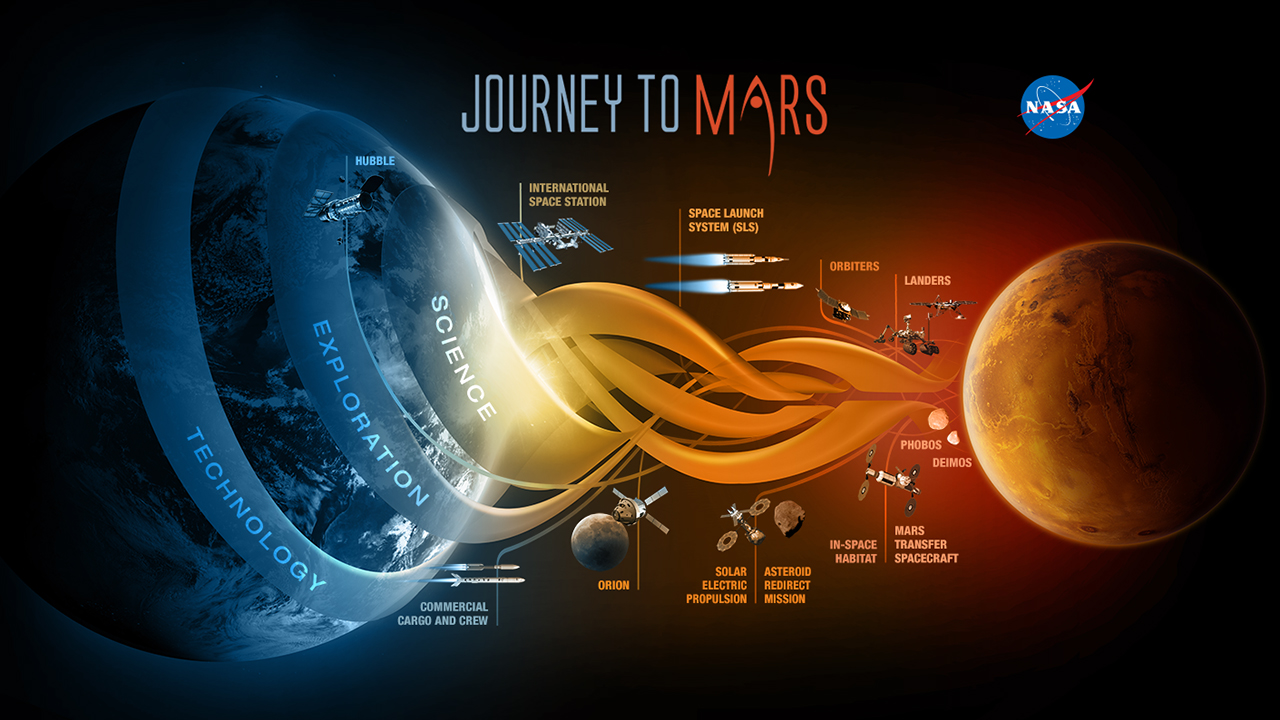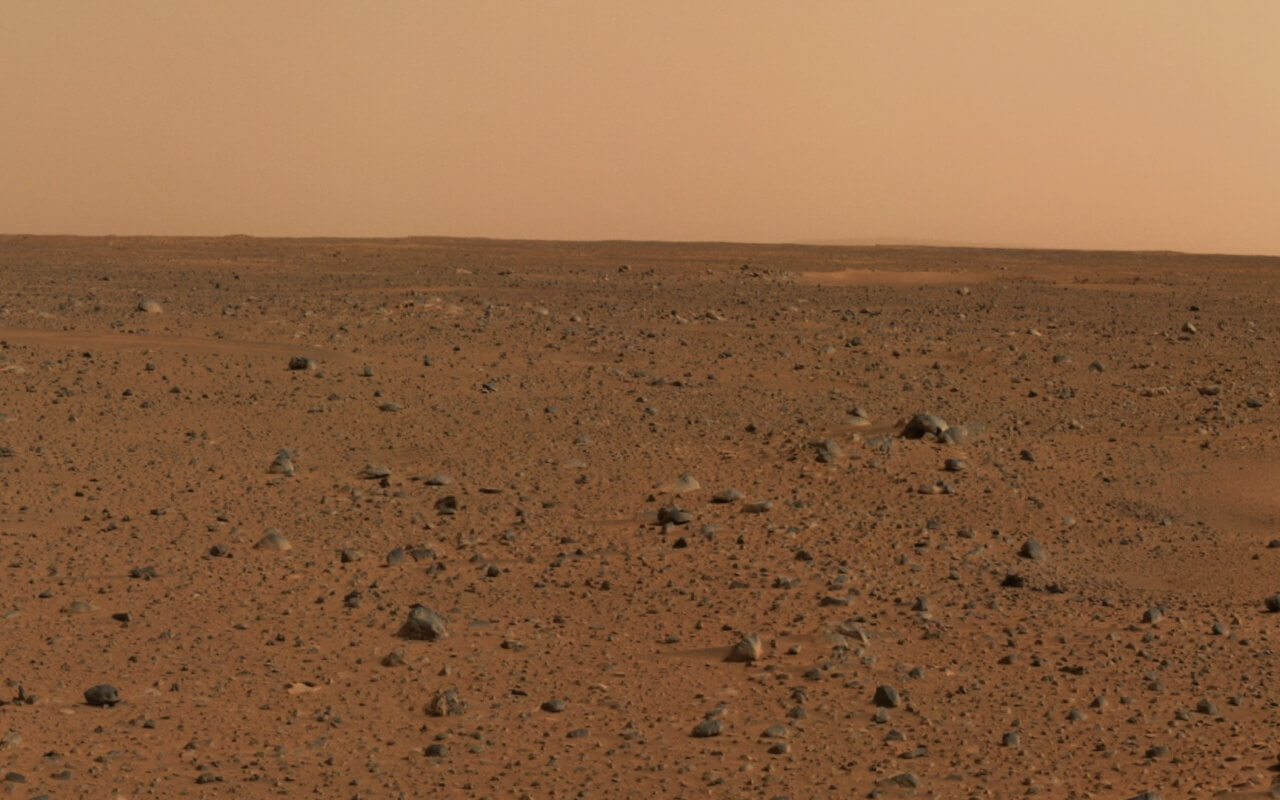
Settling down in other planets has long been localized in the imagination of every human on our planet. Logically, humans will eventually drain the resources available to us on the planet and be forced to take up residence somewhere else (don’t worry, this won’t happen in our lifetimes). And to this point, finding earth-like planets has been extremely difficult for the men and women who are involved in the search. Discoveries have been made of planets which share similar characteristics to Earth; however, they are either too close or too far away from their respective sun to house life. In 2015, scientists discovered Kepler-438b, the most Earth-like planet to date. Unfortunately, Kepler-438b is 470 light years away from Earth and not much is known about the planet other than what our telescopes can see.
With all of the unknowns beyond our solar system, NASA is taking the next big step in having people travel to the Red Planet, Mars. The “Journey to Mars” expedition plans to take place in the year 2030 in hopes of sending human beings to Mars. NASA is currently developing the technology to have humans stay and establish a frontier on the planet. On Monday, September 28, NASA will be releasing a major announcement regarding a discovery made on Mars. The details of the announcement have been kept completely in-house up until now and no one has the slightest idea what it may be. People on Twitter are of course speculating wildly, most saying aliens. Regardless, the way we think about the Red Planet may completely change tomorrow. The search for life has been a constant project for NASA.
Personally, I am somewhat skeptical about the prospects of having an established colony on Mars. Other than a somewhat tolerable temperature, nothing points to people being able to maintain a comfortable life unless maintained in a type of dome. The planet is not able to maintain flowing water and the very thin atmosphere won’t be able to protect anyone on the outside. However, I am very excited about this announcement tomorrow and look forward to seeing what NASA uncovered on Mars.
(Thanks to NASA and Wikipedia for story and Mars information).








